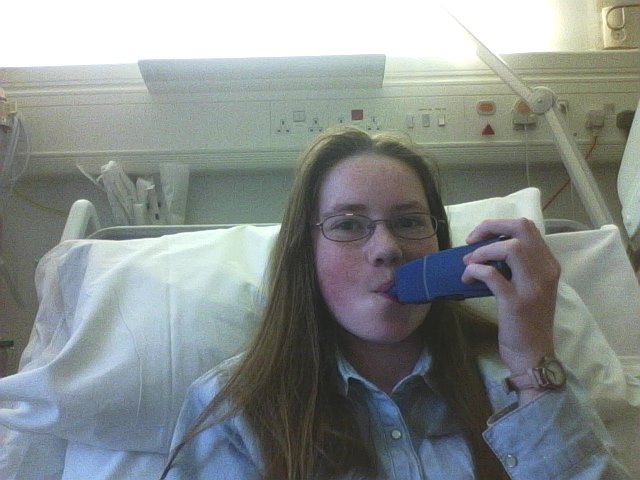
Researchers at the University of Liverpool are launching a new Cystic Fibrosis Innovation Hub to accelerate the development of new tests and treatment approaches for lung infections and improve the way that lung health for people with cystic fibrosis (CF) is managed in the UK.
The hub will be part of a new £15 million Translational Innovation Hub Network, funded by medical research charity LifeArc and leading charity Cystic Fibrosis Trust. The network will be made up of four Innovation Hubs, led by the universities of Liverpool, Manchester, Cambridge and Imperial College London, as well as partners across the UK and overseas.
The research teams in Liverpool will develop ‘phage therapy’, which could offer a new treatment strategy for people who have few options left to control their lung infections. Phage therapy uses natural viruses called bacteriophage, or ‘phage’, to target bacteria instead of antibiotics, and could help prevent antimicrobial resistance. The hub will also use cutting edge technology to find the causes of exacerbations and test how to best use existing treatments by:
- Developing a new way of testing lots of antibiotic combinations at the same time to know in advance which might work best for each person
- Using Artificial Intelligence methods to scan medical records and help predict future treatment responses, including antibiotic resistance
- Investigating whether a new test which rapidly tests for over 20 bugs at the same time, can tell us which treatment is best.
Professor Jo Fothergill, Hub Director and Professor of Medical Microbiology at the University of Liverpool says: “Our original TRAILFINDER project was designed to develop new routes for longer lives through advancing therapeutics like phage therapy and maximising the use of the antibiotics we currently use too. We’re so excited about this opportunity and there are ways that everyone can get involved with our hub. We want to see better treatments for all people with Cystic Fibrosis, throughout life, while also training the next generation of talented researchers.”
Guided by insights and experiences of people with cystic fibrosis, the new CF Innovation Hubs will address areas of unmet medical need and help to overcome some of the barriers that can prevent scientists from turning their discoveries into real outcomes for patients.
Dr Catherine Kettleborough, Head of Chronic Respiratory Infection at LifeArc says: “Even with the development of new treatments like Kaftrio, people with cystic fibrosis still face many challenges which impact their quality of life and life expectancy. The Innovation Hub Network is a unique approach to addressing these problems, using shared knowledge, partnerships and investment to accelerate new tests and treatments for people living with CF.”
More about Cystic fibrosis
Cystic fibrosis is one of the UK’s most common life-limiting inherited diseases, affecting over 11,000 people here and nearly 200,000 people worldwide. The condition causes mucus to build up in the internal organs, especially the lungs and digestive system. This can lead to chronic chest infections, lung inflammation and other complications such as digestive problems. For many people, managing their health involves a rigorous daily treatment regime including physiotherapy and oral, nebulised and occasionally intravenous (IV) antibiotics.
Cystic fibrosis is a life-limiting condition and, despite recent advances in research, there is still no known cure, and the median age of death is just 33.
24-year-old Sarah Sharp has cystic fibrosis. She experienced her first lung infection when she was a baby and has spent a lot of time in hospital over the years. Sarah explains: “This condition affects everything about my life, every single day. I have to adjust my life around my symptoms, in everything from work to friendships. The dream, for me, is to have less of a treatment burden and more time feeling like a valuable member of society. These new Hubs give me hope because improving research into the cause of exacerbations and the development of potential new treatments takes away a lot of my fears around what my health is going to look like in the future.”
